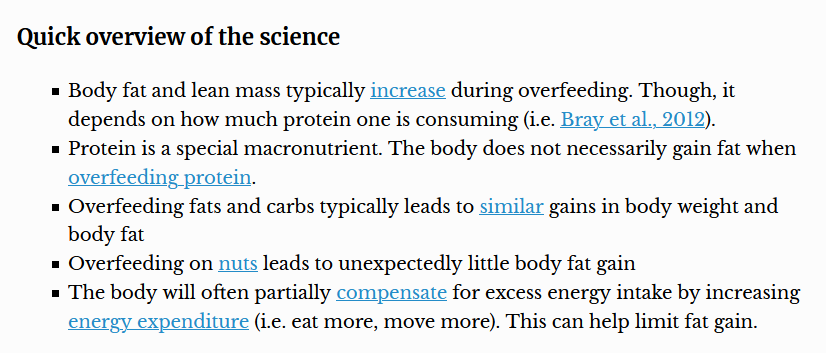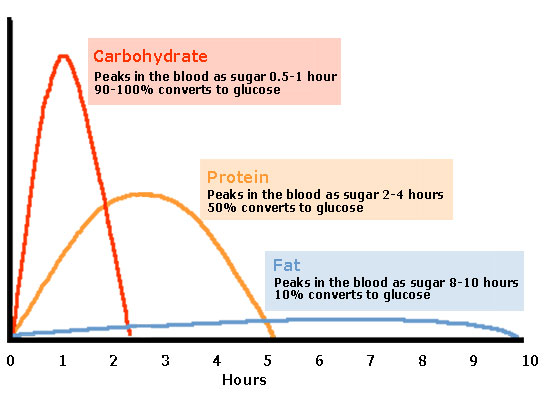Hey yall, I can always trust you guys when I had all my keto questions. The participants in this forum are thoroughly informed and I trust you guys.
I understand that this is a ketogenic fourm; However I decided to try carnivore for a month and was hoping someone could help me with a little science (If any of you have partaken in this lifestyle).
Question: If too much protein spikes insulin, how is that an all meat diet will keep your insulin levels low enough to run your body on fat, thus producing energy and fatloss? 
Question #2 : Although Keto and Carnivore are different in eating lifestyles, does your body actually achieve ketosis since you have no carbs at all? Or can it, being that your protein intake is so high? 
I have never heard Dr. Ken Berry actually answer these questions in his videos, but I figured this community would know. All input is appreciated! 



